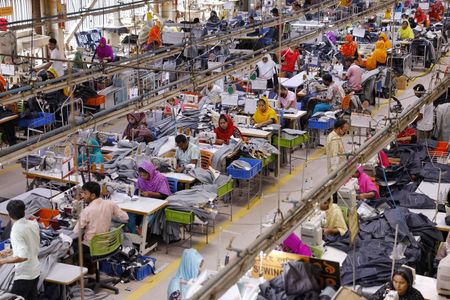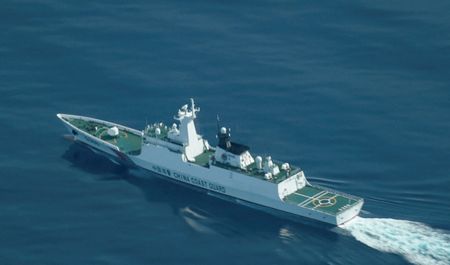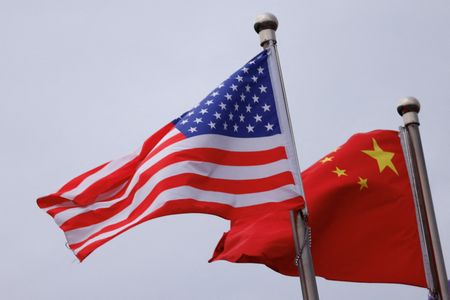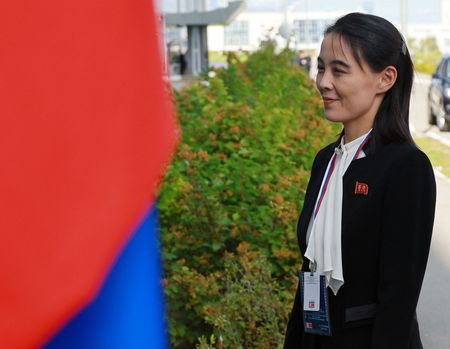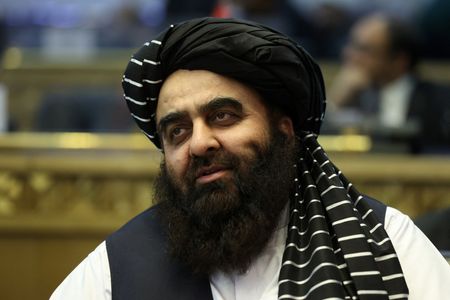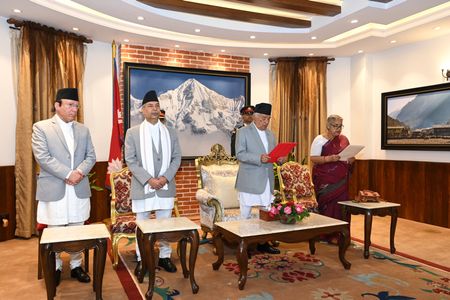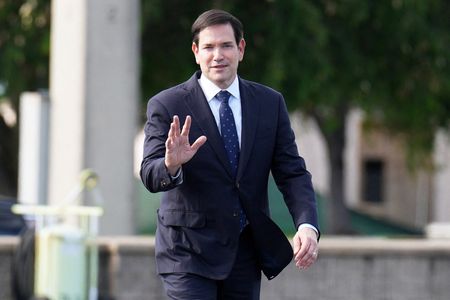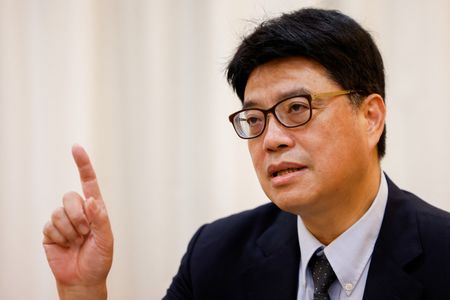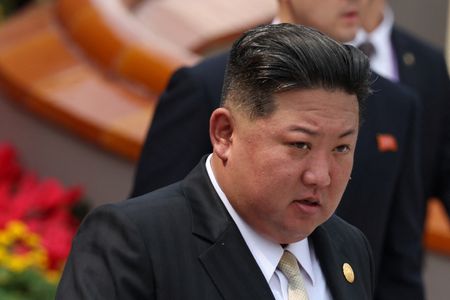By Md. Tahmid Zami
NARAYANGANJ, Bangladesh (Thomson Reuters Foundation) – Bangladesh’s limited capacity to deal with the enormous waste generated by its textile sector may prove unsustainable as the global fashion industry faces pressure to reduce its environmental footprint.
Bangladesh, the world’s second-largest apparel producer, only recycles a small percentage of its textile waste, with the rest shipped abroad or left to pollute the landscape.
As more countries introduce rules requiring greater recycled content in clothes, analysts and business owners say Bangladesh must expand recycling to meet demand from a global textile recycling market projected to be worth $9.4 billion by 2027.
The European Union this month published its first road map towards meeting the standards under its Ecodesign for Sustainable Products Regulation, which includes provisions for reducing the environmental harm caused by the textile industry.
This will require Bangladesh and other fashion suppliers to boost recycling while improving working conditions in what is largely an informal sector, said Patrick Schröder, a senior research fellow at the British think tank Chatham House.
“As the call for recycling grows and fast fashion goes out of fashion in the coming years, millions of jobs will be impacted, and Bangladesh needs to think ahead to step up its capacity to keep up with the changes,” he said.
TONS OF WASTE
Bangladesh’s fashion industry is estimated to produce up to 577,000 metric tons of textile waste from the factories each year.
Most of it is shipped abroad, and the rest is left to clog bodies of water, pollute the soil, enter landfills or be incinerated, which produces toxic gases, according to a report by Switch to Circular Economy Value Chains, a project supported by the EU and the Finnish government.
What is processed has evolved into a vast, informal business in Bangladesh. Thousands of informal workshops sort and bundle the waste, known as jhut, and what remains in Bangladesh is down-cycled to make low-value products like mattresses, pillows and cushions.
When clothing scraps are swept up from factory floors, politicians and other influential people control who gets it and at what price, said Asadun Noor, project coordinator at the United Nations Industrial Development Organisation in Dhaka.
“This is a very opaque process, offering limited visibility of the waste value chain to clothing brands and suppliers,” he said.
The scraps go to hundreds of mostly unregistered workshops near the capital Dhaka, where they are cleaned and sorted into batches based on quality, colour and other considerations.
Tens of thousands of workers, 70% of them women, sort the remnants for 10 to 12 hours a day, a study by the U.N.’s children agency UNICEF said last year.
Workers said they toil for low wages without key safety measures, like drinking water, paid sick leave or protection from harassment.
One of them is Sabura Begum, 30, who works with 250 other women at a workshop in the city of Narayanganj, near Dhaka.
“I earn a wage of about $80 a month and it does not make it easy to run my family,” she said.
A small share of the waste sorted in workshops like Begum’s is sent to about two dozen recycling factories in Bangladesh.
A large portion is exported to other countries such as India or Finland for recycling into new fibre where this is a larger base of recycling facilities as well as advanced technology like chemical recycling that produces strong, fresh fibres.
Some of the fibres made from exported scraps are then sent back to Bangladesh to be made into clothes.
More local recycling could save Bangladesh about $700 million a year in imports, the Switch to Circular Economy Value Chains report estimated.
Other major textile hubs are ramping up recycling capacity. For example, India recycles or reuses about 4.7 million tons, or about 60%, of its textile waste, according to a report by Fashion for Good, a coalition of businesses and non-profits.
DOING A BETTER JOB
Some Bangladeshi companies are aiming to compete and provide proper labour standards.
In 2017, Entrepreneur Abdur Razzaque set up Recycle Raw, which has now become one of the largest waste-processing businesses in Bangladesh.
“We offer decent wages and respect basic labour standards – ensuring things like drinking water, air circulation and security for our largely female workforce – so we attract and retain them much better than others,” Razzaque said.
A few local recycling factories are also investing in adding more production lines, but large-scale investment in technology like chemical recycling, with support from fashion brands and development-finance organisations is needed, said Abdullah Rafi, CEO of recycler Broadway Regenerated Fiber, based in the city of Ashulia, near Dhaka.
However, investors expect a regular supply of waste feed stock and that means the current opaque system of handling waste would have to go, he said.
“What we now need is more finance and collaboration among brands, suppliers, waste handlers and recyclers to scale up our capacity,” said Rafi.
(Reporting by Md. Tahmid Zami; Editing by Jack Graham and Jon Hemming. The Thomson Reuters Foundation is the charitable arm of Thomson Reuters. Visit https://www.context.news/)

